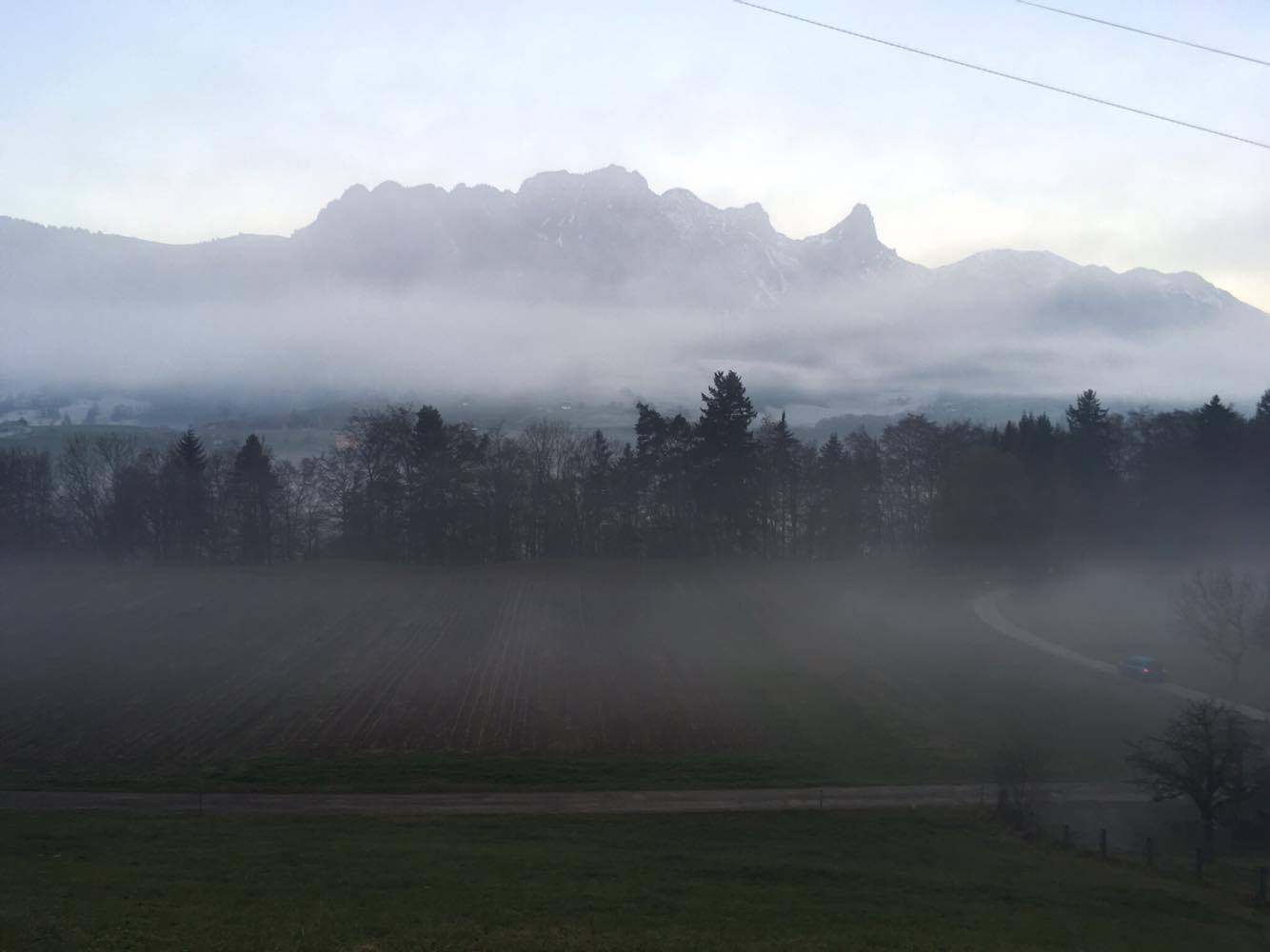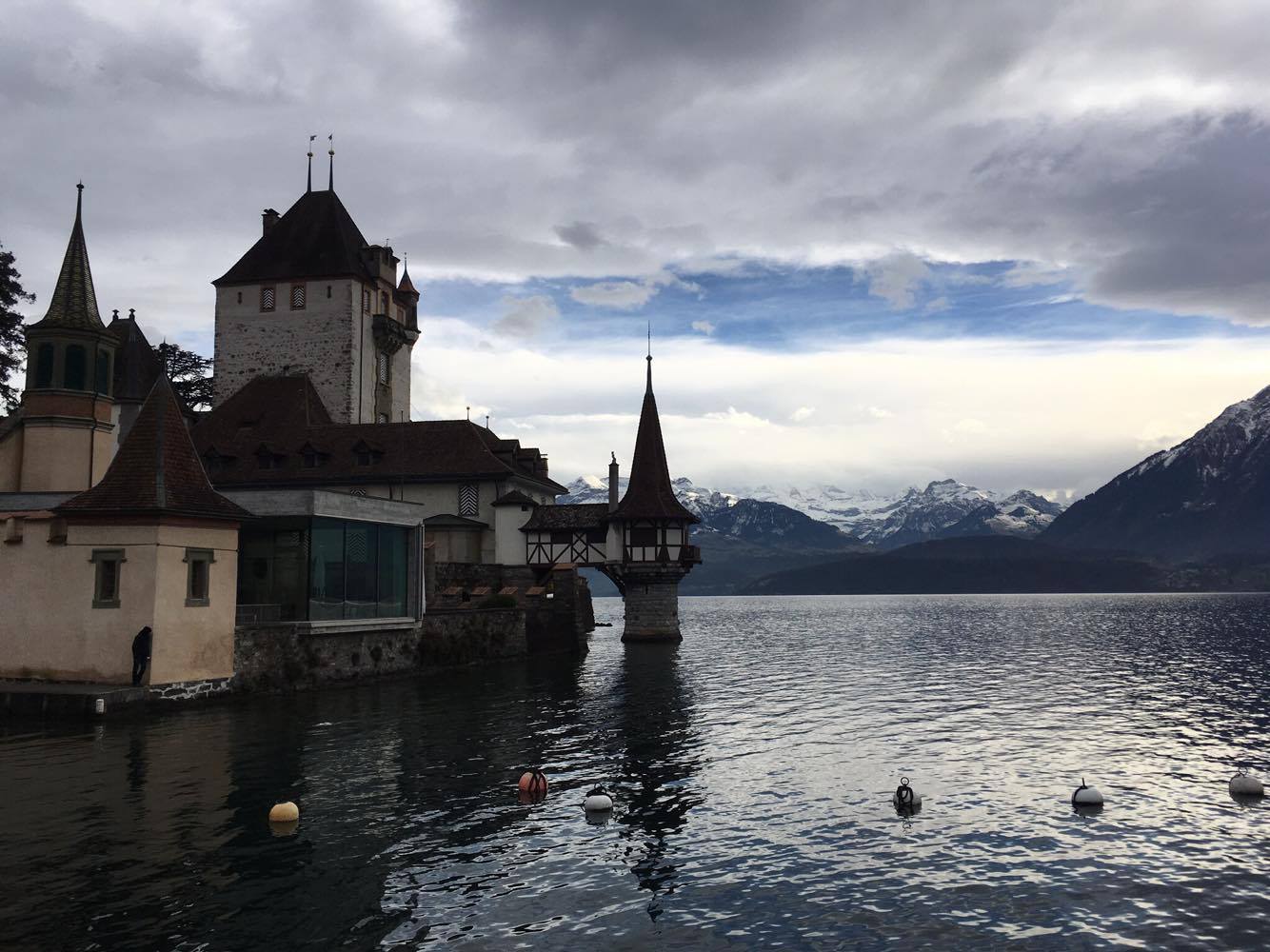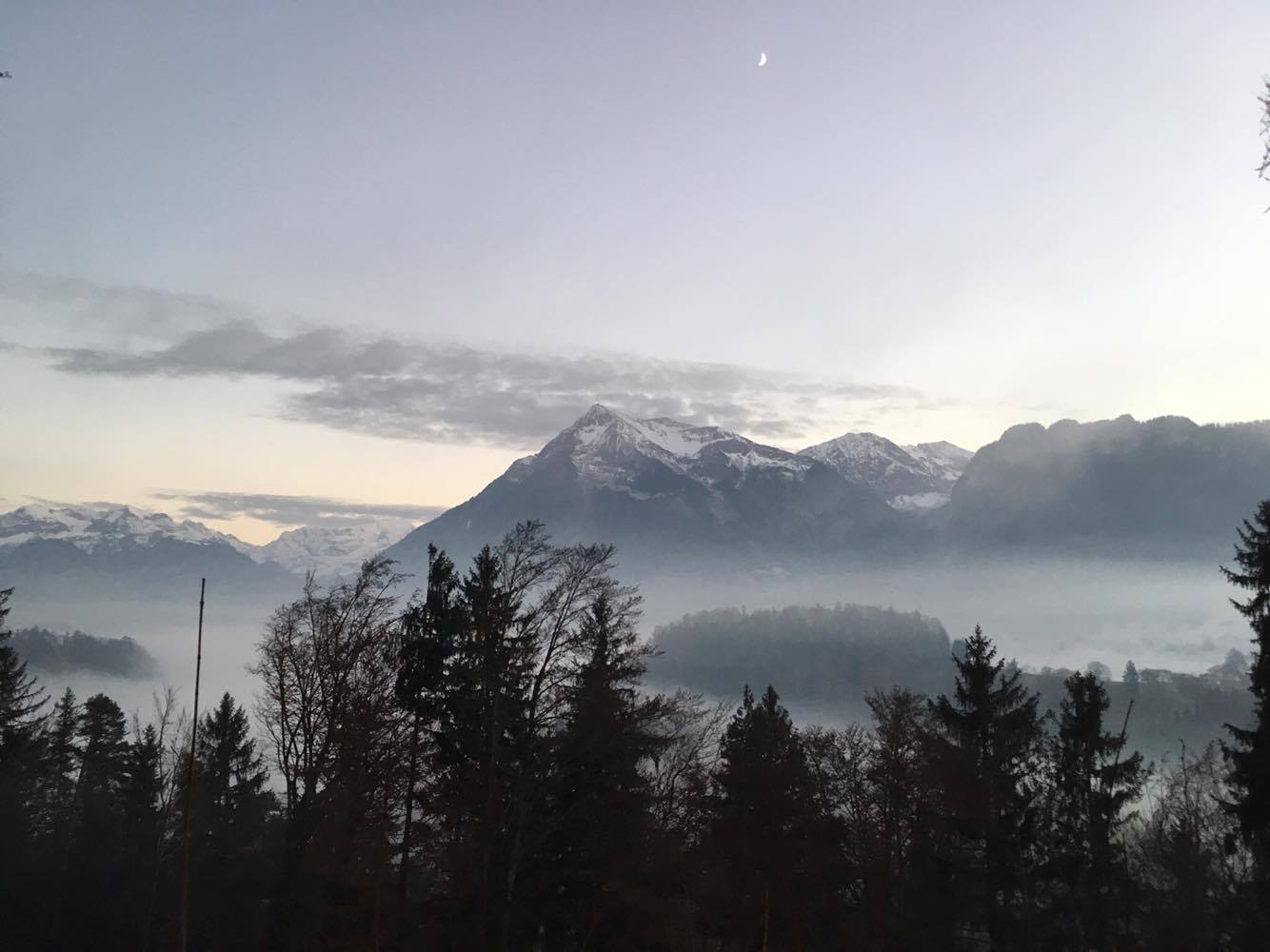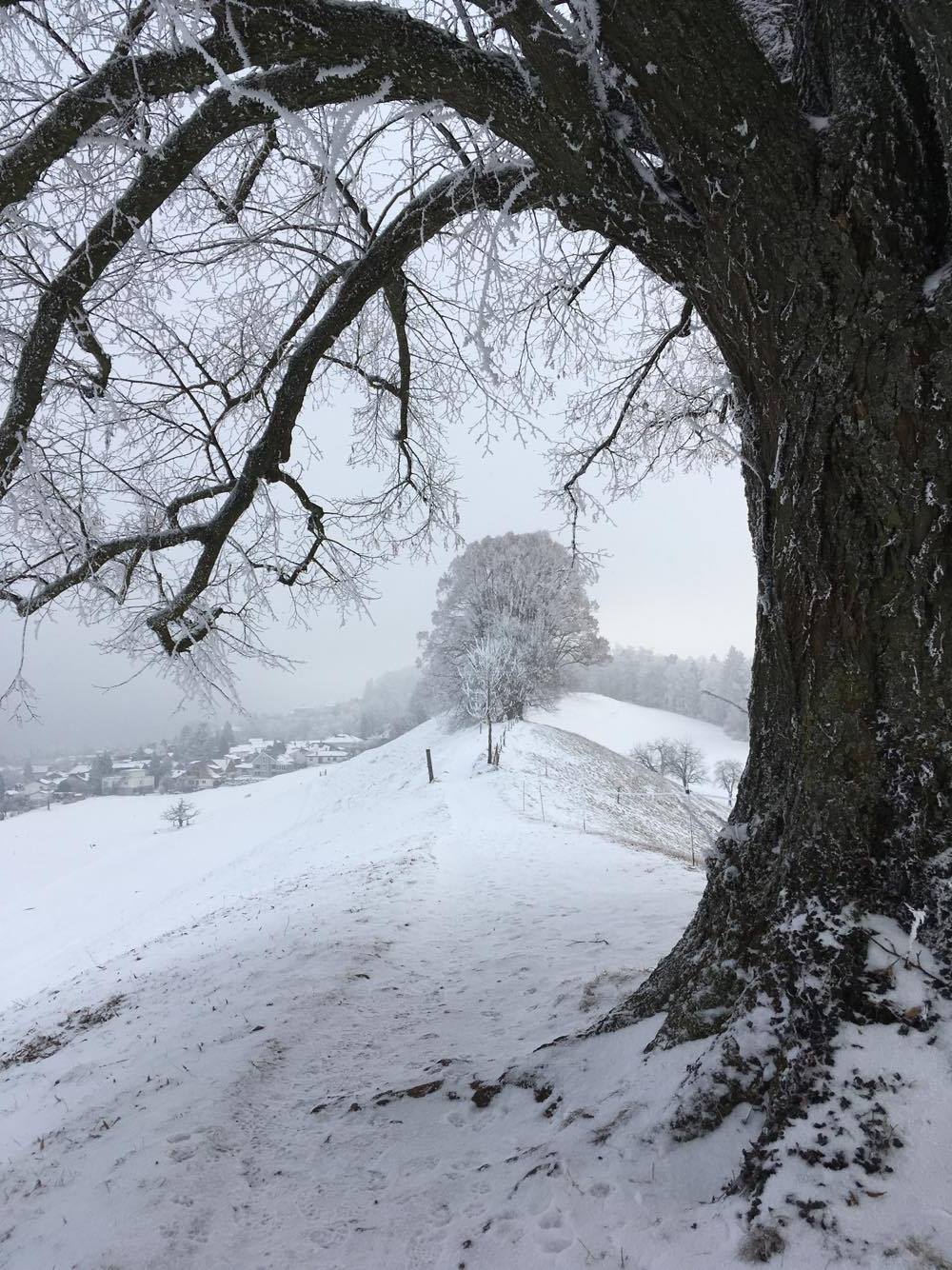This struck home while being screened by the check-in attendant at the airport when I was flying home for Christmas. ‘And what does your company produce?’ I responded ‘Tanks, artillery and mortar systems.’ While the look of shock on her face and her disinclination to continue the screening made me question commitment to security at airports these days, it also reminded me that there is an outside world where what I do is not treated as blasé. But it’s only in these brief external encounters where I experience the shock, fear and awe associated with sublimity. But that’s just the ephemeral audience’s perception. Glimpsing the uncomfortable and unknown from the realm of the everyday has always left the most fantastical and absurd impressions upon the single-serving audience. But no, the internal logic is sound. Even we have Christmas parties. Even arms dealers are concerned with recycling. What I do is banal.
In contrast, my surroundings are anything but banal. They are, in fact, the only source of sublimity and it shocks me that they have not produced more romantic inhabitants. My first reaction upon arrival was ‘People should not live here.’ It’s simply too beautiful to be inhabited. The mere settlement by people and not by gods or monsters immediately reduces the sublimity of the environment. Situated on a pristine, clear lake, a white stone castle rises upon the heights, staring down the mighty Alps across the shimmering sky-blue mirror. Nearby my stable, I discovered a small trail that leads up, behind the village, to a ridge that runs to an old abandoned castle in the woods, a relic from the 8th century wars. From here you can look to the mountains on the right or look left, across the lake, to the snow-capped peaks of Eiger, Moench and Jungfrau. The path that leads up this hill is the kind you would take your first love to and, kissed by the summer breeze in the afternoon sun, share your dreams of flying beyond those mountain peaks to some magical world beyond imagining.
No less magical, if not a bit eerie is the walk along the castle quay on a foggy evening in winter. Stepping along toward the town, the lamps flicker on the cobblestone path wedged between the steaming lake and granite reinforcement walls. The towers of the keep loom over the fog in the distance and the ominous knell of church bells signals the passing of another slumbering hour. The thick, palpable fog slows each chime as it passes through the air, as if it would keep its own time in defiance of the whirring speed of the earth’s violent revolutions.
This place is outside of time. But so am I. I’ve come here, of my own will, fleeing a world so inundated with its schizophrenic delusions of progress that it no longer marches, but scrambles like a lunatic in the streets, helter skelter, before collapsing into a blubbering heap, straitjacketed in its own contradictions. But this place is not free of illness. In the florescent lights, hanging from the century-old steel girders, a madness flickers. The creep of insanity is inevitable, the result of the miscegenation of the timeless and the impermanent.
I sat on horseback, just inside the tree line, on a dreary winter’s day, surveying the mist that cradled the town. The breath of the horse rose up in columns of steam, not unlike the steam from the 'iron horse' that one day ended our primeval enslavement of this animal. And I lamented the passing of an age in which two worlds, each the other’s mortal enemy, existed simultaneously for the briefest of moments in history. And yet it is in this exact moment that I find inside myself, the eclipse of the mystic and the scientific. But no matter the sheer force of will that I employ, I cannot recreate this moment outside myself. And so I remain in limbo, trapped betwixt the sublimity of a timeless world and the banality of the ephemeral one. But I wait, just inside the tree line, for a shadow to pass across the sun.





